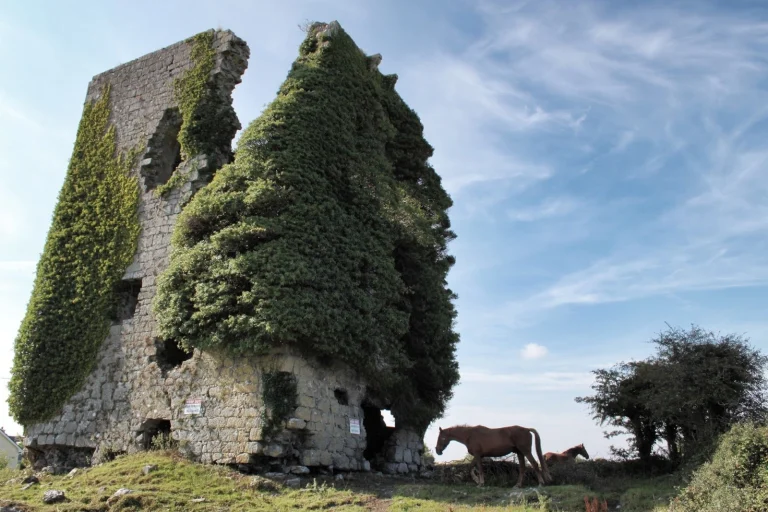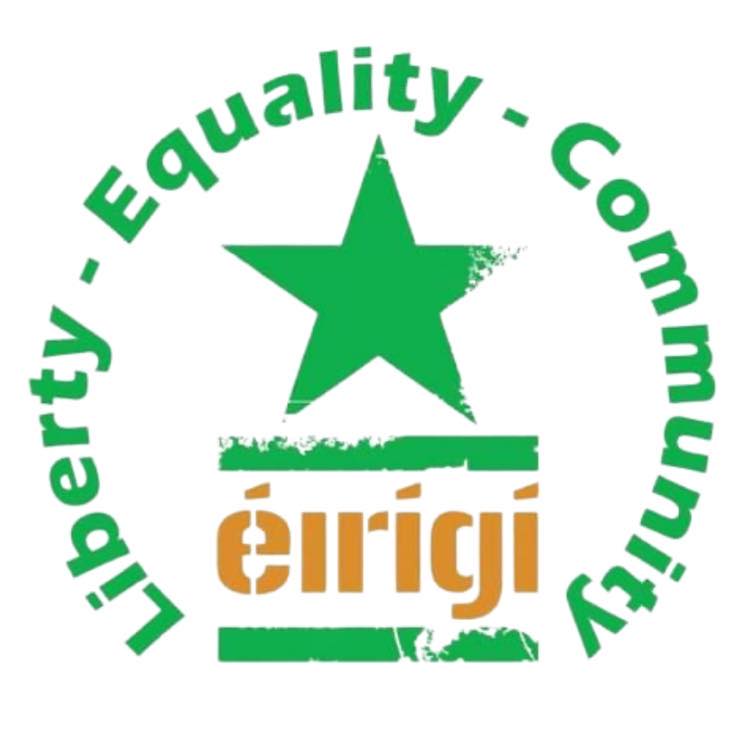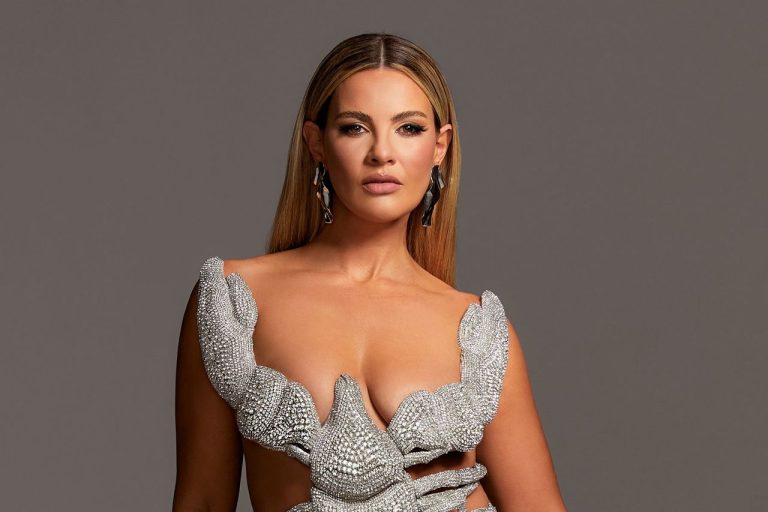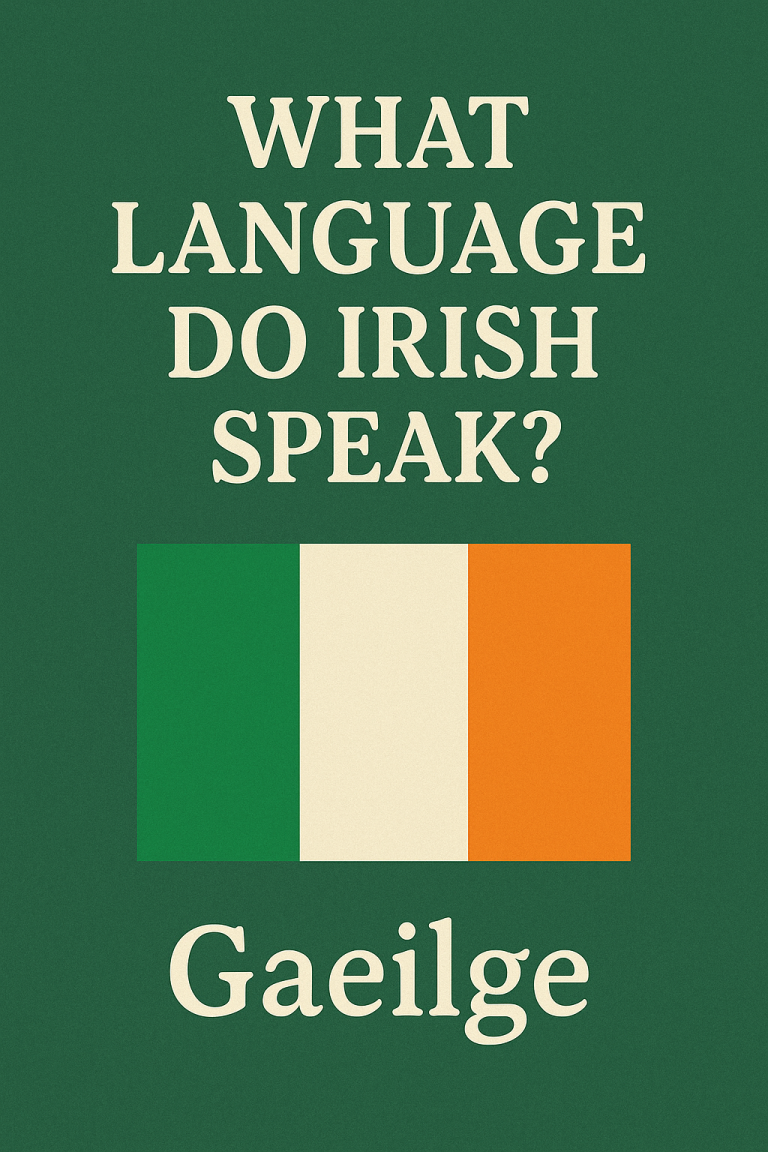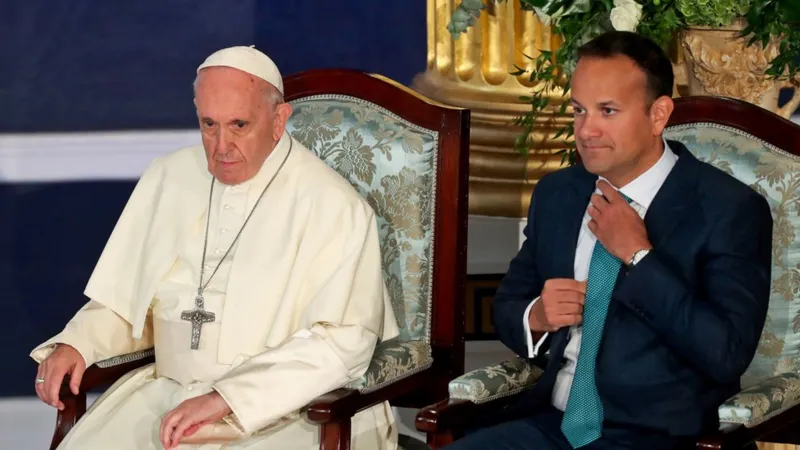
The question of an Irish Pope dances in the imagination like a mischievous leprechaun. Picture it: a Pontiff with a brogue, perhaps blessing the masses with a hearty “Top o’ the mornin’ to ya!” While the image brings a smile, let’s delve into the realities, the odds, and the fascinating process behind papal selection.
The Papal Puzzle: How a Pope is Chosen
Understanding the path to the papacy is key to gauging the chances of an Irish successor to Pope Francis.
- The Sacred Conclave: When the Chair of Saint Peter becomes vacant through death or resignation, the College of Cardinals assembles in a secretive conclave within the hallowed walls of the Sistine Chapel. Here, under lock and key, they engage in a series of ballots, their prayers and votes shrouded in mystery until a two-thirds majority emerges for a single candidate.
- Eligibility: More Than Just Faith: While any baptized Catholic male is technically eligible to be Pope, the reality is that since 1378, the Pontiff has been chosen from within the College of Cardinals. This significantly narrows the field.
- The Age Factor: Cardinals on the Clock: A crucial rule dictates that only Cardinals under the age of 80 at the time the papacy becomes vacant are eligible to enter the conclave and cast their vote. This ensures the electors are considered active and engaged leaders within the Church.
The Irish Cardinal Conundrum
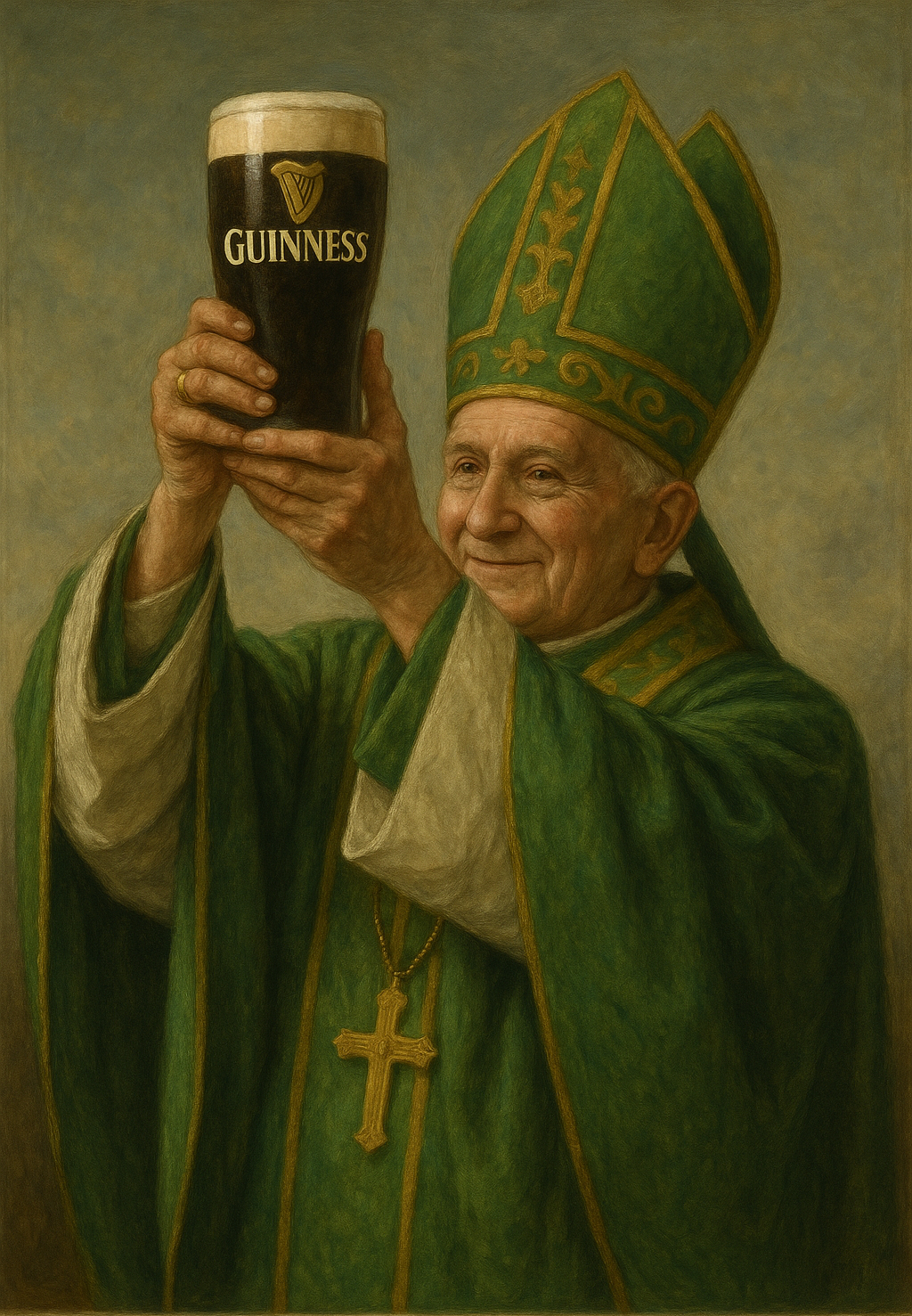
The presence and eligibility of an “Irish Cardinal” is a pivotal piece of this puzzle.
- Current Landscape: It’s important to note the current situation regarding Irish Cardinals and their voting eligibility. For instance, Irish cardinal Seán Brady will not have a say in the papal selection process due to his age.
- Cardinal Seán Brady: An Elder Statesman: Cardinal Seán Brady, the esteemed former Archbishop of Armagh and Primate of All Ireland, will not participate in the next papal conclave because he is currently 85 years old.
- The Under-80 Rule: This age restriction is in place to ensure that the voting body consists of relatively active and involved Cardinals, who are presumably more attuned to the contemporary needs of the Church.
- Non-Elector Status: Because Cardinal Brady has surpassed the age threshold, he is no longer eligible to participate in any future conclaves, irrespective of his past standing or prominent title within the Irish Church. He retains the title of Cardinal but holds a non-elector status.
- Hope for the Future: While there isn’t a currently eligible Irish Cardinal, the future holds the possibility of new appointments. The appointment of a new Irish Cardinal under the age of 80 would open the door for Ireland to potentially have a voice in the selection of the next Pope.
- Beyond Borders: Irish Heritage: It’s also worth remembering that individuals with strong Irish heritage, even if born outside of Ireland, could also be considered and potentially elected as Pope. Cardinal Raymond Leo Burke, for example, has significant Irish roots.
Peering into the Crystal Ball: Odds and Potential
Predicting the next Pope is a game of speculation that even the shrewdest Vatican watchers find challenging.
- The Unpredictable Nature of Papal Elections: Bookmakers might offer odds, but these are often based on fleeting trends and educated guesses rather than concrete probabilities.
- A Tapestry of Influences: Numerous factors come into play during a papal election. These can include the prevailing global political climate, the dominant theological viewpoints within the College of Cardinals, and the desired direction for the Catholic Church in the years ahead.
- The Elusive Odds: Consequently, providing accurate odds on the next Pope, let alone whether that Pope will be Irish, is incredibly difficult.
- Other Nationalities in the Mix: The possibility of a “British Pope” or a “Scottish Pope” also exists, though predicting these outcomes faces the same inherent uncertainties.
- A Historic Possibility: The “Black Pope”: The notion of a “Black Pope” (a Pope of African descent) is also frequently discussed, which would mark a monumental moment in the Church’s history.
Answering Your Papal Inquiries: FAQs
Let’s address some of the frequently asked questions about Irish connections to the papacy and the papal process in general.
- Has there ever been an Irish pope?
- To date, the Catholic Church has not had a Pope who was born in Ireland. However, as previously mentioned, individuals with Irish heritage have been considered potential candidates.
- Who is the Irish Catholic pope?
- As there has not been a Pope born in Ireland, there is no “Irish Catholic Pope.”
- Who is the current cardinal of Ireland?
- Staying informed about current cardinal appointments is essential as these can change. It’s also crucial to distinguish between holding the title of Cardinal and being an elector Cardinal (under 80 and eligible to vote in a conclave).
- What happens in Ireland when the pope dies?
- Upon the death of a Pope, Ireland, like other Catholic nations, would observe a period of mourning characterized by special Masses, prayers for the departed Pontiff, and solemn observances.
- Is there a Protestant pope?
- The Pope is the supreme head of the Roman Catholic Church. Protestant denominations do not recognize the Pope’s authority, and therefore, there is no “Protestant Pope.”
- How many popes came to Ireland?
- Ireland has been honored by papal visits on two occasions in modern history: Pope John Paul II in 1979 and Pope Francis in 2018.
- What is the Pope’s salary?
- The Pope does not receive a formal salary. The Vatican provides for all his living expenses and needs.
- Do Irish Catholics recognize the Pope?
- Yes, Irish Catholics, as part of the global Catholic community, fully recognize and respect the Pope as the head of the Catholic Church and the successor of Saint Peter.
- Has there ever been a female pope?
- The Catholic Church’s tradition of papal succession has been exclusively male. The historical accounts of “Pope Joan” are considered legendary and not factual within Church history.
- How do they pick a new pope?
- As detailed earlier, the selection of a new Pope occurs through a secret conclave of eligible Cardinals who cast ballots until one candidate receives the required two-thirds majority.
- What if the pope is in a coma?
- The situation of a Pope in a coma or otherwise incapacitated is complex under Canon Law, and the Vatican has specific procedures to address such circumstances.
- Does the pope serve for life?
- Historically, papal service was considered lifelong. However, Pope Benedict XVI’s voluntary resignation in 2013 established a significant precedent, demonstrating that a Pope can step down from the Petrine office.
- What nationality are most popes?
- Historically, the vast majority of Popes have been of Italian nationality. However, the more recent papacies have seen a greater diversity of origins, exemplified by the current Pope Francis, who hails from Argentina.
- Did Pope Francis live in Ireland?
- Pope Francis has not resided in Ireland, but he did undertake a significant pastoral visit to the country in 2018.
- Why is there no Irish cardinal?
- This statement is incorrect. There have been and currently are Irish Cardinals. The crucial point, as mentioned earlier, is whether these Cardinals are under the age of 80 and therefore eligible to vote in a papal conclave.
- Are the Irish very Catholic?
- Ireland possesses a profound and enduring Catholic heritage, deeply woven into its history and culture. While Irish society has become more diverse in recent times, Catholicism continues to hold a significant place in the lives of many Irish people.
The Horizon of Hope: Awaiting an Irish Voice
The selection of the next leader of the Catholic Church is always a moment of intense global interest and anticipation. While the precise odds of an “Irish Pope” remain elusive and subject to future developments within the College of Cardinals, the possibility is not entirely beyond the realm of imagination.
The Catholic Church is a universal body, and its leadership can emerge from any corner of the world. Perhaps one day, the echoes of an Irish blessing will resonate from the Vatican, maybe even accompanied by the cheerful clinking of a Guinness glass in celebration.
